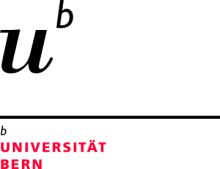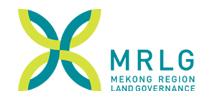State of Land in the Mekong Region Photo Story
Resource information
Date of publication
February 2019
Resource Language
Objectives of this photo story are to collate updated data and information to identify and describe key issues and processes revolving around land in the Mekong region and to provide a basis for constructive dialogue and collaborative decision-making with different actors to address these issues.
Geographical focus





